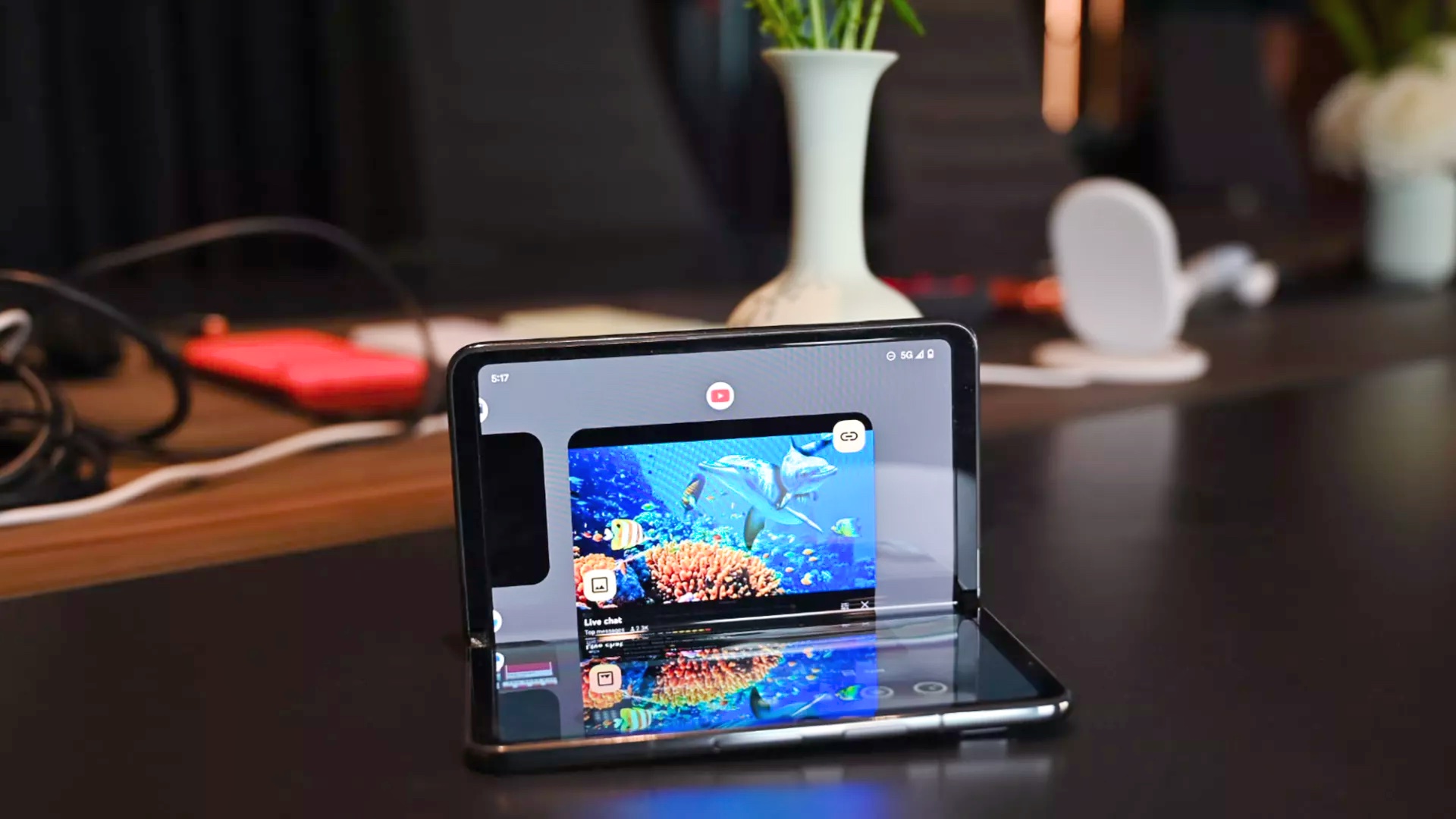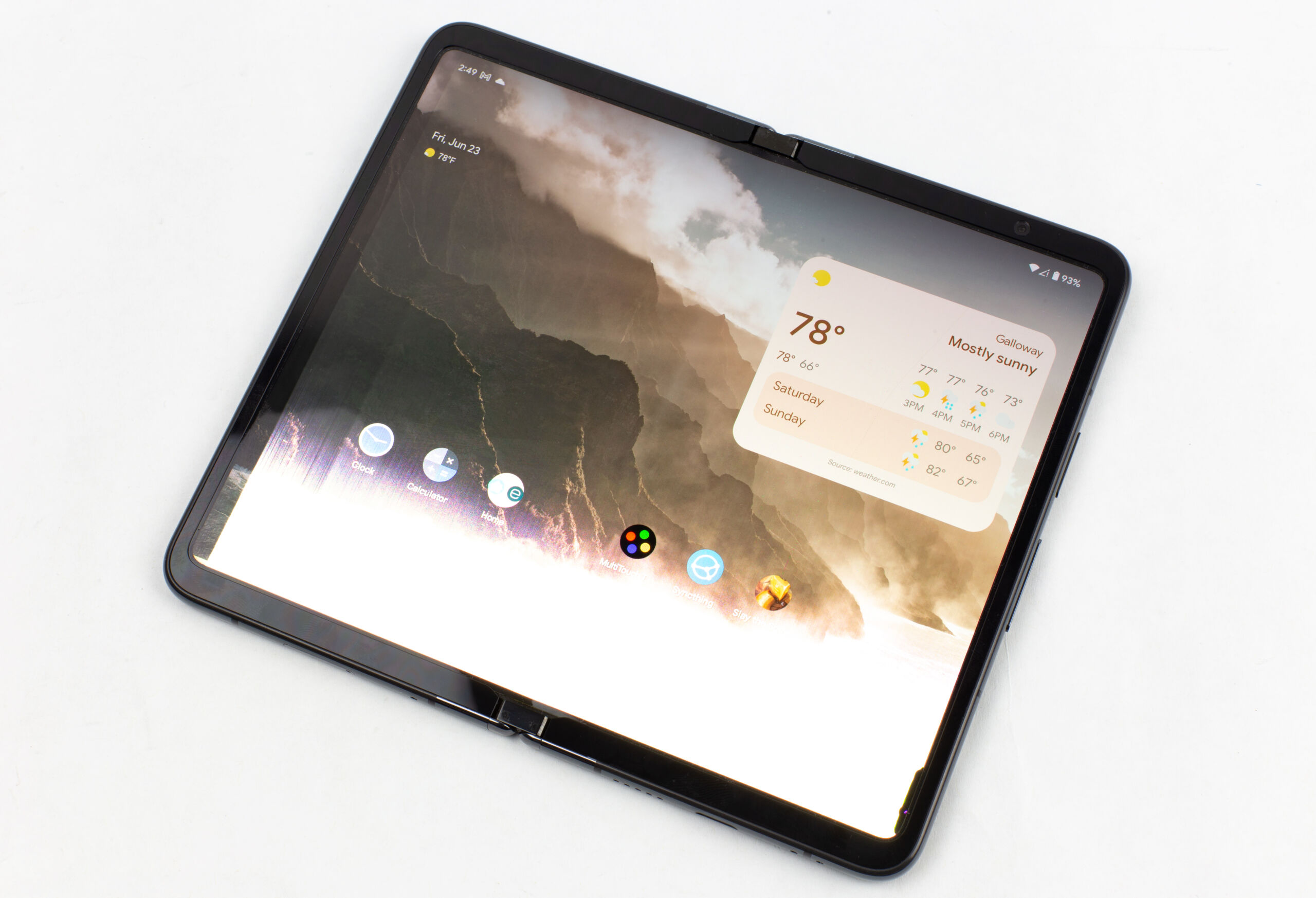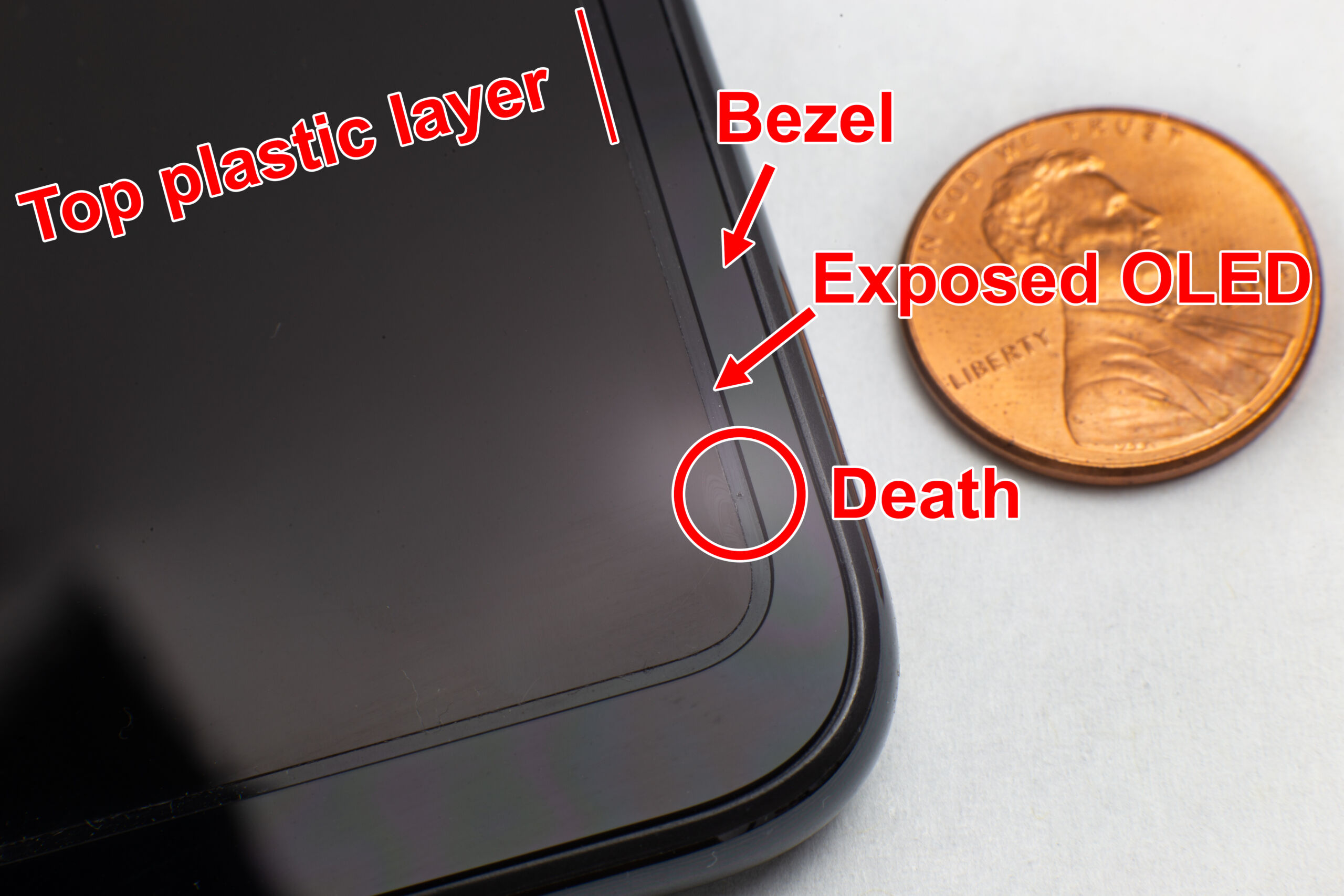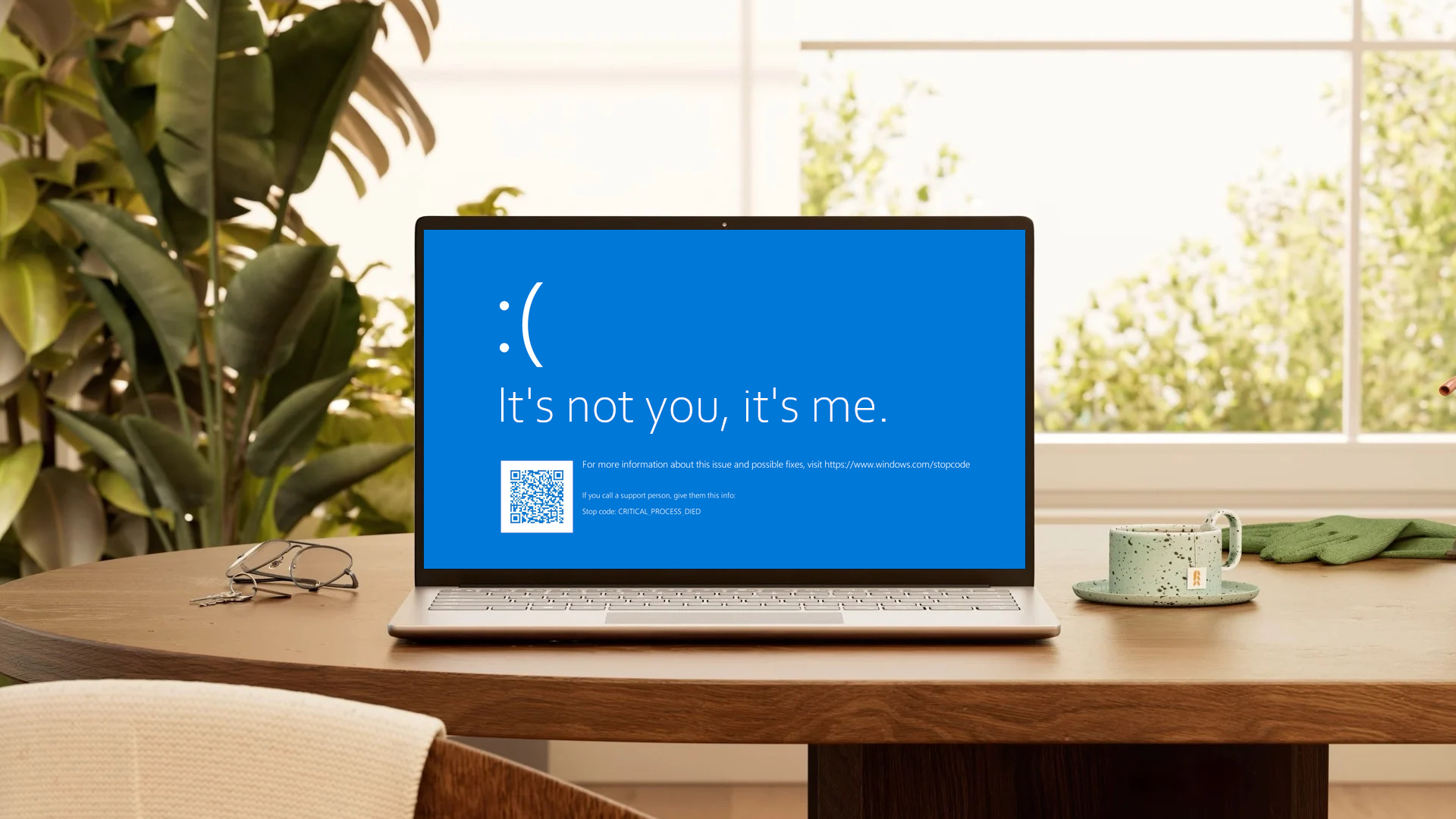Google Pixel Fold's day one disaster is a warning sign for early adopters
Huge Google Pixel Fold vulnerability exposed

The Google Pixel Fold may be the newest foldable on the block, but that doesn’t mean it’s safe from falling victim to some long standing troubles. And sadly, the Google Pixel Fold is suffering the same fate already – on day one of its wider release.
Ars Technica’s Ron Amadeo was set to review the Google Pixel Fold, but a catastrophic failure resulted in the phone’s inner display giving up the ghost and cutting things short even though Amadeo is adamant that he put the Fold through the “lightest possible usage of a phone.”

It was good while it lasted
While everything started off pretty well for Amadeo, it took only four days for him to encounter this review-ending issue. Even though he claims never to have dropped it or even to have exposed it to a “significant amount of grit.”
That being said, there may have been enough grit to cause him an issue, as on closer inspection, Amadeo believes he may have found the exact area in which the Fold’s fate was sealed.
Tracing the gap between the screen protector’s edge and the Pixel Fold’s bezel, Amadeo would find a minuscule puncture in the device’s OLED screen – and the likely culprit of his woes. He believes this to have been caused by something getting caught into this gutter area only to be forced down upon as the phone closed thereby perforating the OLED panel.
According to Amadeo, the Fold would slowly begin to fail from the bottom up, with the screen’s pixels becoming white and unresponsive before the left half of the display ceased functioning entirely.

A design oversight
One of the Pixel Fold’s biggest selling points is its impressively slim form factor and practically gapless design when closed, but that alluring design could be a double-edged sword when it comes to the device’s longevity.
Stay in the know with Laptop Mag
Get our in-depth reviews, helpful tips, great deals, and the biggest news stories delivered to your inbox.
While most phones do their best to eliminate bezels altogether, foldables require these bezels in order to prevent a collision between the internal screen. As such, the Pixel Fold’s near-gapless design means these bezels are shorter and allow the edges of the phone’s internal screen to be brought closer together.
Foldables are delicate devices; they're unlikely to stand up to the same punishment as your typical Gorilla Glass-encased mainstream smartphone. Therefore, anything trapped inside the phone as it closes could apply considerable pressure on the OLED panel and cause the screen to fail, especially if that something happens to land outside of the plastic screen protector.
Outlook
Google’s first foldable is a notable device with many great features and plenty to praise, but it’s also an incredibly expensive one. As such, not many will be pleased to hear just how easily it can be rendered useless.
If you’re willing to part with $1,799 on a phone, you'd expect to get more than four days use out of it, especially considering, as the Ars Technica writer put it, “the years of normal wear and tear that phones are expected to survive.” Interestingly, we previously noted that fragility is one of the concerns we'd have regarding the Google Fold, and unfortunately, our worries appear to be manifesting into reality.
What happened to this reviewer’s Pixel Fold could well be a freak accident, but it does highlight a vital concern. However, while vital, it’s not widespread – at least not so far.
Our own review of the Google Pixel Fold went off without much of a hitch, as did many others. The fault may not be a ticking time bomb of doom, but it’s certainly worth keeping in mind the fragility of the device before you pick one up.

Rael Hornby, potentially influenced by far too many LucasArts titles at an early age, once thought he’d grow up to be a mighty pirate. However, after several interventions with close friends and family members, you’re now much more likely to see his name attached to the bylines of tech articles. While not maintaining a double life as an aspiring writer by day and indie game dev by night, you’ll find him sat in a corner somewhere muttering to himself about microtransactions or hunting down promising indie games on Twitter.
